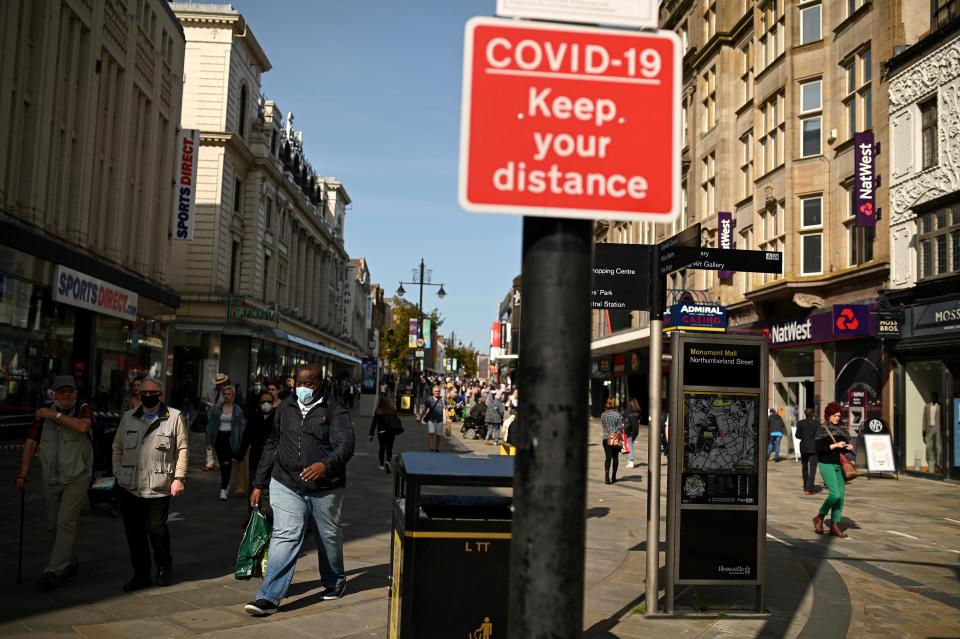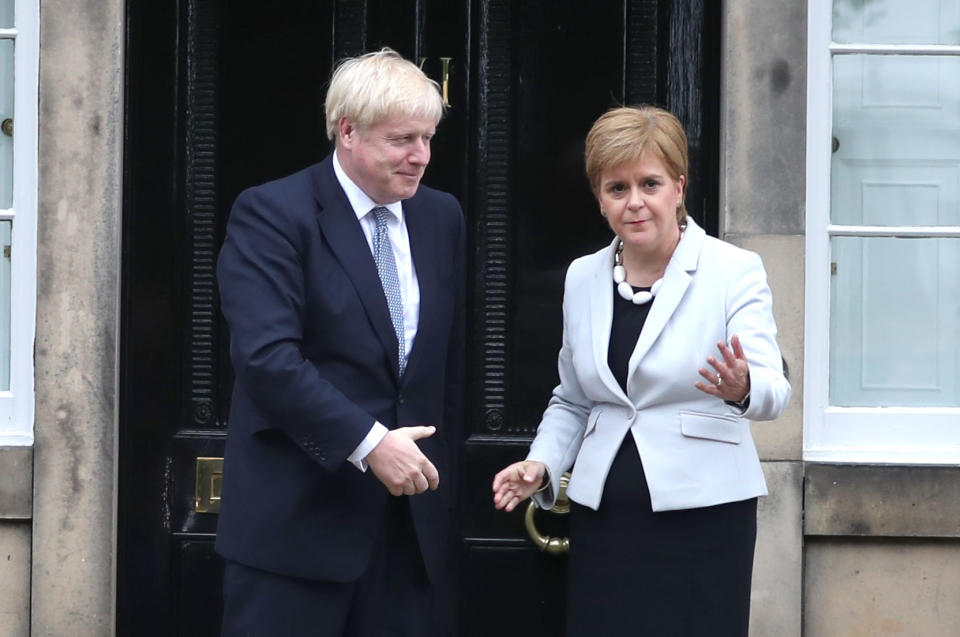‘What about long COVID?’ Concerns over calls to let virus 'go though the young' to achieve herd immunity

A leading scientist has warned that any attempts to achieve herd immunity for coronavirus in the UK could lead to lasting health problems for the young.
Herd immunity is the belief a population can be protected from infection if a certain proportion of people have been exposed to it and developed immunity.
However, Professor Devi Sridhar, scientific adviser to Scottish first minister Nicola Sturgeon, said the policy was a “minority view” among scientists – and could potentially lead people to suffer long-term conditions, otherwise known as ‘long COVID’.
She explained to Sky News: “This is these young people aged 30 to 59, previously healthy, who are now suffering for months with chronic fatigue, heart issues, lung issues.

"Why would you let a virus go through the young? It just shows complete disrespect for young people to say to them, not only are you going to have to pay for all these furlough packages and all the borrowing that has taken place, you’re also going have to endanger your health by being exposed to the virus and being part of the herd.
"I actually don’t think that is an appropriate way forward.”
Sridhar’s comments come as emails show the policy of herd immunity caused “alarm” within the government’s circle of scientific advisers at the start of the pandemic.
According to the BBC, the government's chief scientific adviser Sir Patrick Vallance referenced herd immunity – which both he and the government insist was never official policy.
In an interview with Sky News in March, Vallance talked about not suppressing the virus completely, to "allow enough of us who are going to get mild illness to become immune to this”.
Vallance added that “probably around 60%” of the British population would need to contract coronavirus for herd immunity become effective.
Sridhar, chair of global public health at the University of Edinburgh, said other measures were needed in the fight against the illness.
She added: “I would say the majority of scientists are aligned that maximum suppression of this virus is the optimal strategy.

"There’s a small group of very vocal scientists who are advocating what you could call herd immunity shield the vulnerable, but I would just push back and say that we don’t have herd immunity against many infectious diseases that have been a problem for mankind for centuries like plague, cholera, malaria, measles, TB, and I could go on.”
On Tuesday, Sturgeon announced a raft of measures in response to an increase in coronavirus cases.
While many are broadly the same as those that Boris Johnson announced on the same day, Sturgeon went a step further and banned households from visiting each other.
The move prompted former health secretary Jeremy Hunt to call for the Scottish government and Westminster to have the same rules to avoid any confusion over what the law is.
Coronavirus: what happened today
Click here to sign up to the latest news and information with our daily Catch-up newsletter

 Yahoo Sport
Yahoo Sport 







































